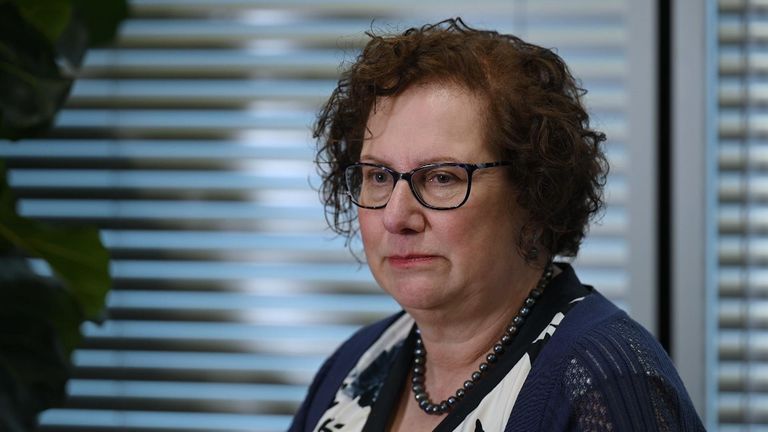A long-awaited report finds “very weak evidence” supporting gender therapy for children and makes 32 recommendations – but what is the current system?
this main review Led by Dr Hilary Cass, it was launched in 2020 following a sharp increase in referrals to the Gender Identity Development Service (Gids), the only service in England for young people experiencing difficulties with the development of their gender identity specialized services.
The clinic, which is run by Tavistock and Portman NHS Foundation Trust, saw more than 5,000 referrals in 2021/22, compared with less than 250 a decade ago.
but it Closed about two weeks ago The new regional hub, led by Great Ormond Street Hospital in London and Alder Hey Children’s Hospital in Liverpool, aims to move away from a single service model.
NHS England hopes to become the first of up to eight specialist centers over the next two years, saying children attending the clinics will be supported by neurodiversity, paediatrics and mental health specialists “resulting in comprehensive care method”.
Around 5,000 children and young people are currently awaiting referral to the new clinics, while the care of 250 patients has been transferred to the clinics.
Puberty blockers and hormones
Last month, NHS England confirmed Children will no longer take puberty blockerss The Gender Identity Clinic said there was insufficient evidence to support its “safety or clinical effectiveness.”
These drugs are now only available to children as part of clinical research trials.
Puberty blockers can be used to delay the development of physical characteristics that make a person appear male or female, allowing transgender young people to explore their gender identity and weigh medical transition.
Taking these drugs in early adolescence could mean fewer treatments or surgeries in the future, but critics have raised concerns about consent, mental health risks and the development of bone density.
Fewer than 100 children were taking puberty blockers at the time of the move, and they will continue to receive treatment at Leeds and University College London Hospitals.
NHS England said children referred to one of the new clinics will be seen by a team who will conduct detailed assessments at three to six appointments over several months.
The NHS website says: “Most treatments on offer at this stage are psychological rather than medical.”
“This is because in many cases, gender-differentiated behaviors or feelings disappear as children reach puberty.”
Those diagnosed with gender nonconformity or gender dysphoria and meeting clinical criteria may receive gender-affirming hormones “beginning around age 16.”
But Dr Kass said in her report that current policies around giving children testosterone or estrogen from the age of 16 should be reviewed immediately.
Young people aged 17 or over may attend adult gender identity clinics, but following a review, NHS England said first appointments at adult clinics for under-18s will now be suspended and appointments for adults will be brought forward. Gender Services for review.
Follow us on Google news ,Twitter , and Join Whatsapp Group of thelocalreport.in

